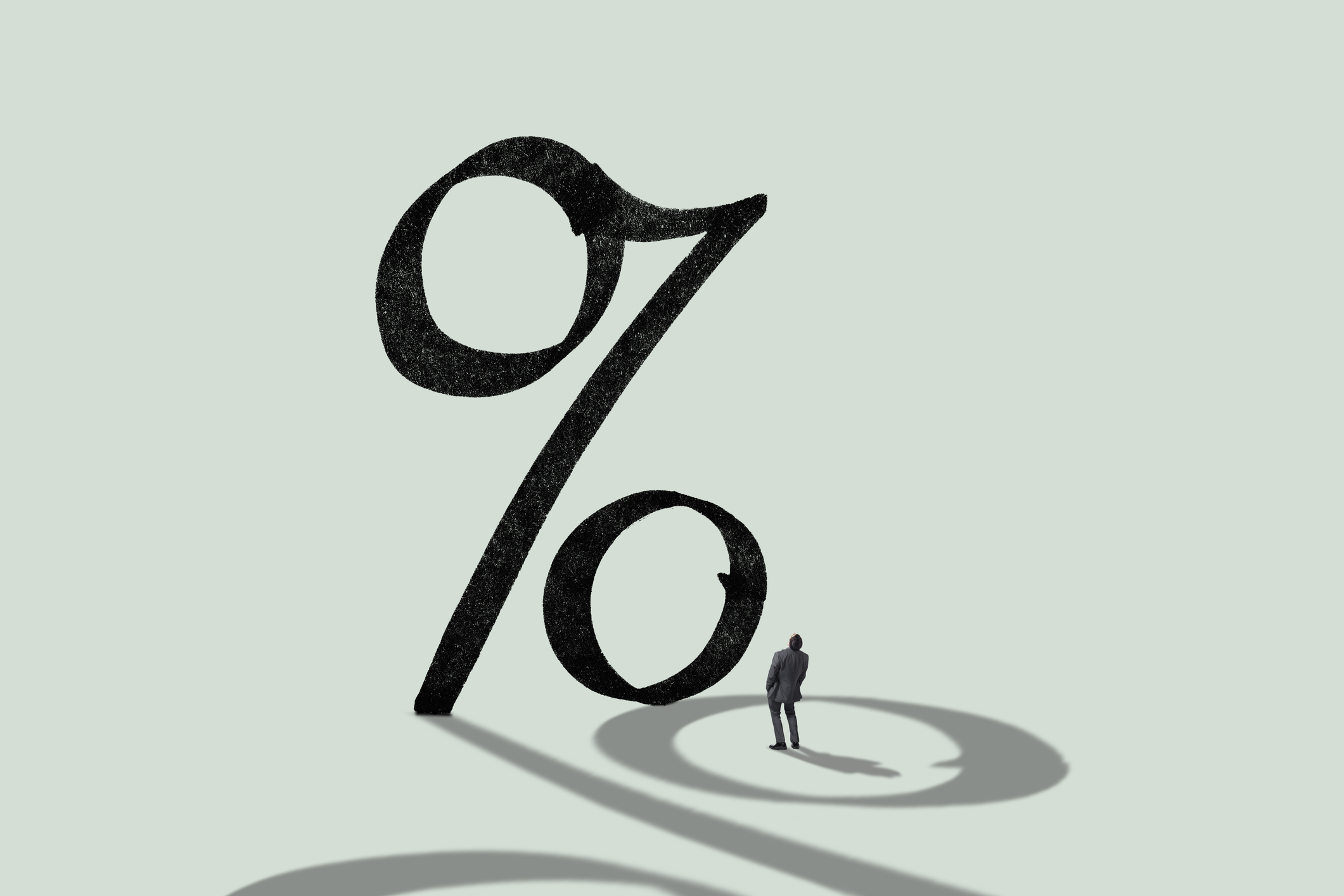Home>Finance>Secured Creditor: Definition, Examples, Legal Rights


Finance
Secured Creditor: Definition, Examples, Legal Rights
Published: January 26, 2024
Learn about secured creditors in finance, including their definition, examples, and legal rights. Enhance your understanding of financial security in lending and borrowing.
(Many of the links in this article redirect to a specific reviewed product. Your purchase of these products through affiliate links helps to generate commission for LiveWell, at no extra cost. Learn more)
Secured Creditor: Definition, Examples, Legal Rights
When it comes to managing your finances, understanding the different types of creditors plays a crucial role. One category that deserves attention is secured creditors. If you’re wondering who they are, what rights they have, and why they matter, you’ve come to the right place. In this blog post, we’ll delve into the definition, examples, and legal rights of secured creditors, providing you with the knowledge to navigate the world of finance more confidently.
Key Takeaways:
- A secured creditor is an individual or entity that holds a legal claim to a specific asset of a debtor as collateral for a loan or debt.
- Secured creditors have a higher priority in the repayment process compared to unsecured creditors, increasing their chances of recovering their investment.
What is a Secured Creditor?
In simple terms, a secured creditor is an individual or entity that holds a legal claim to a specific asset of a debtor as collateral for a loan or debt. By having a secured interest in the asset, the creditor is ensured a higher level of protection in case the debtor defaults on the loan or becomes insolvent. This arrangement often occurs in various financial transactions, such as mortgages, car loans, or business loans.
Examples of Secured Creditors
Secured creditors can be found in many areas of finance. Here are a few examples:
- Mortgage Lenders: When you purchase a home using a mortgage loan, the lender is considered a secured creditor. The house itself serves as collateral, allowing the lender to foreclose on the property if the borrower fails to meet their loan obligations.
- Auto Finance Companies: When you finance a vehicle, the lender typically holds a lien on the car. If you default on your loan, the lender has the right to repossess the vehicle as collateral.
- Commercial Lenders: For businesses seeking capital, commercial lenders often require collateral in the form of assets, such as real estate, inventory, or equipment. In case of default, the lender can seize these assets to recover their investment.
Legal Rights of Secured Creditors
Secured creditors hold several legal rights to protect their interest in the collateral. These rights may vary depending on the jurisdiction, but here are some common ones:
- Priority in Repayment: Secured creditors have a higher priority in the repayment process compared to unsecured creditors. In the event of insolvency or bankruptcy, secured creditors receive payment from the sale of the collateral ahead of unsecured creditors.
- Right to Foreclose or Repossess: If a debtor defaults on the loan, secured creditors have the right to foreclose on property or repossess assets as agreed upon in the loan agreement. This provides them with a means to recover their investment.
- Right to Debtors’ Payments: Secured creditors may also have the right to receive payments made by the debtor. These payments can be used to reduce the outstanding debt.
- Protection from Other Creditors: Secured creditors enjoy legal protections that increase the likelihood of recovering their investment, even in complex financial situations. This security stems from their collateral interest and the established legal framework.
Understanding the role and rights of secured creditors is essential, whether you’re a borrower, lender, or simply interested in the financial landscape. By knowing how secured creditors fit into the picture, you can make more informed decisions regarding your own financial matters. Remember, when entering into financial agreements, always read the fine print and consult with legal and financial professionals for personalized advice.














